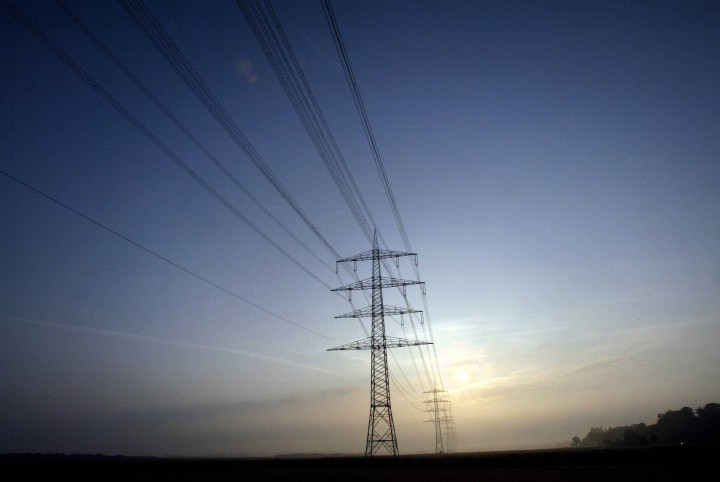If electricity prices go up, will people use less power? The answer appears to be yes – to a point.

German electricity is expensive. In 2012, Germans paid, on average, about 3.2 times as much for power as Canadians, according to the International Energy Agency. That price difference has stayed consistent even as German electricity prices started to spike after 2000.
And Canadians use much more electricity than Germans on a per capita basis – 2.6 times as much.
In fact, Canada’s total residential electricity consumption – all the houses put together, is larger than Germany’s.
(In case you forgot, Germany’s population is much, much bigger.)
So what’s happening here? It would be easy to attribute at least some of the consumption difference to the vastly different prices that people pay for their power.
But that’s likely not the whole story. Despite a huge jump in electricity prices beginning in 2000, Germans’ average electricity consumption continued its gentle rise. It only started to fall again after 2008, when the global financial crisis coincided with the German government’s “Energy Efficiency Action Plan,” which enacted a number of household energy-saving measures such as funding to replace electric heating with gas.
But as energy prices continued to climb, German consumption stayed steady.
In Canada, on the other hand, higher prices – and the Great Recession – do correlate with falling consumption.
It’s hard to say, then, what’s driving continued German residential electricity consumption. It could be a conservation ethic drilled in earlier; it could be housing types; or maybe the country’s households have hit the minimum amount of power that people need, and they’re willing to pay for it.
Leslie Young is doing a two-month Arthur F Burns fellowship based in Berlin, Germany. Follow her observations here.


Comments